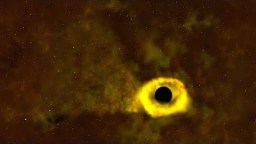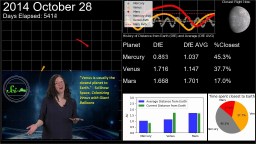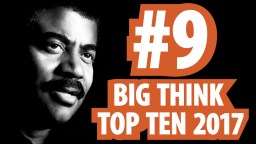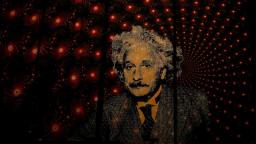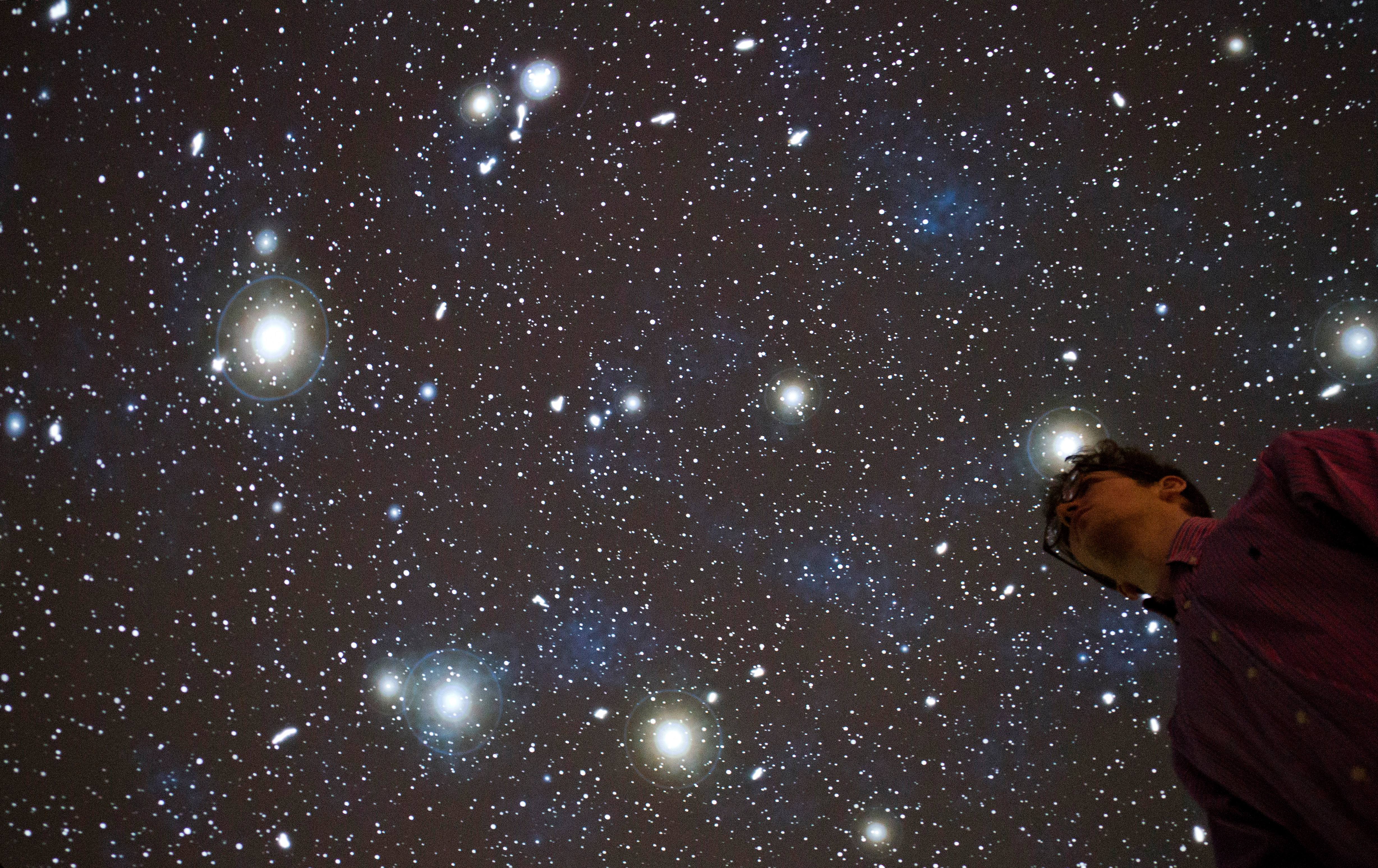astrophysics
An Oxford scientist’s controversial theory rethinks dark matter and dark energy.
Results support Einstein’s theory and the idea that black holes have no “hair.”
The TESS satellite captures rare images of a cataclysmic event in a faraway galaxy.
▸
with
Three scientists publish a paper proving that Mercury, not Venus, is the closest planet to Earth.
▸
with
Hawking, who died in March, answers questions like “Is there a God?” and “Is time travel possible?” in his final book, which is available today.
A well-known cosmologist comes out with very stark warnings about particle accelerators.
Researchers discover extraterrestrial origins of a chemical essential for human DNA and other cell processes.
They’re 3 billion light years away, but their collision can lead to answers to really big questions.
There’s something all of us—physicists included—are getting wrong about dark matter, says Neil deGrasse Tyson.
▸
7 min
—
with
Get ready for a decade of scientific revelations. Thanks to gravity waves, we have a completely new way to explore the universe.
▸
5 min
—
with
Astrophysicist and science educator Neil deGrasse Tyson reveals if he’d run for President and what he would do if elected.
What happens up there directly affects life down here. From star-gazing to quantum mechanics, astronomy is one of humanity’s great thruster engines of innovation.
▸
5 min
—
with
Our universe is flat, geometrically. But what exactly does “flat” mean?
Each might be as heavy as an asteroid and as tiny as a decimal point.


